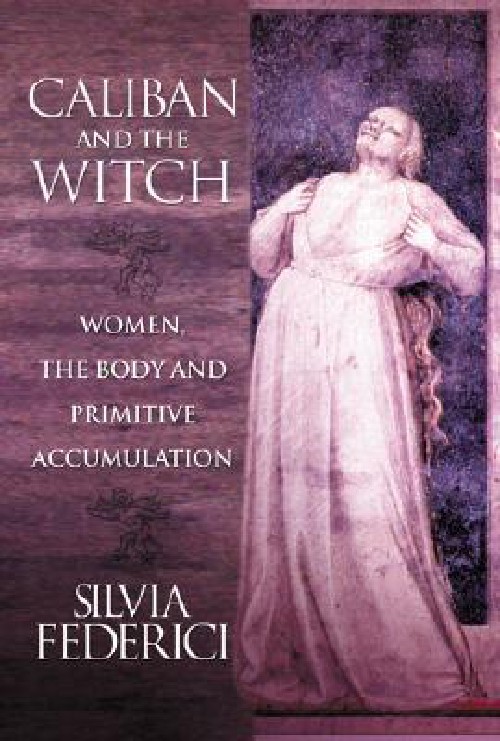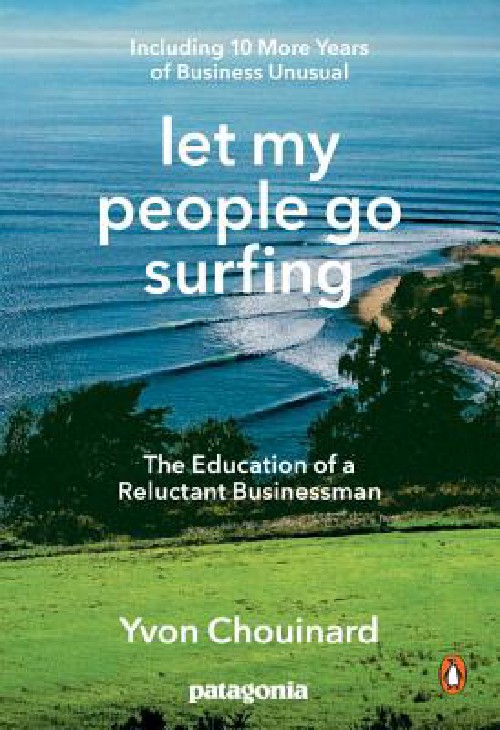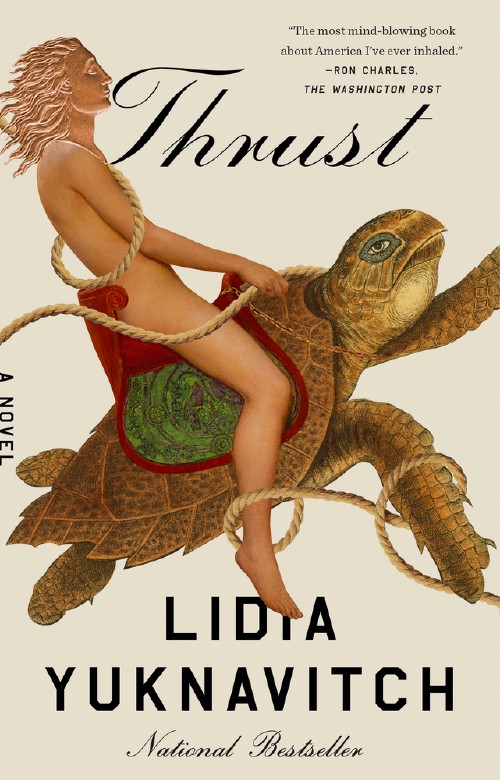I am reading A Disability History of the United States currently and in it Kim Nielsen, the author, briefly covers the story of Agatha Tiegel. Her story caught my eye so I did a bit further research. Tiegel was a deaf woman born in 1873 and became deaf and blind in one eye at the age of 7. She enrolled in Gallaudet University when she was 15 as part of a trial of 8 women “allowed in” to see if women were capable of being educated. (I didn’t find any official documentation of this phrasing, I am reading between the cultural lines). In 1893, she was the first woman to graduate Gallaudet and she also served as class valedictorian.
It is impossible to estimate the immensity of the influence that woman’s mind has exerted on the history of the world, an influence silently wielded and never obtruded, but of a potency inferior to no other. – Tiegel
A Disability History of the United States covers this brief bio but also pulled a small quote from her valedictorian speech that made me curious to read the full transcript. Tiegel argued in her speech against the entrenched sexism of the day, and I found the words relevant even now, one and a quarter centuries later. You can see an ASL version of the speech above or read the transcript at the above link. Quoted below are the lines that stood out to me; while they are not quite the modern version of intersectional feminism we seek today, I found it exciting to see the roots. Even 124 years ago, those on the forefront fighting social injustices recognized that the fallacious logic used to prop up injustice applied not just to their own situation but also affected numerous people facing a broad spectrum of systemic injustices. This remains true now.
To argue also, that a woman is not fit to be trusted with her liberty on the score of her emotional nature, her poor powers of logic and judgment, and other characteristics open to criticism, is to copy the fallacies of the opponents of emancipation, who used as arguments those very faults in slaves that slavery had produced. Woman should be free as the air to learn what she will and to devote her life to whatever vocation seems good to her. To cry out that she would be unsexed is to imply that she has not that divine element in her which is the prerogative of the highest form of creation and which craves instruction from all sources. Over and above the peculiarities which pertain to a woman as a woman are her needs as a human being. She has her own way to make in the world, and she will succeed or fail in whatever sphere she moves, according as her judgment is rendered accurate, her moral nature cultivated, her thinking faculties strengthened.



